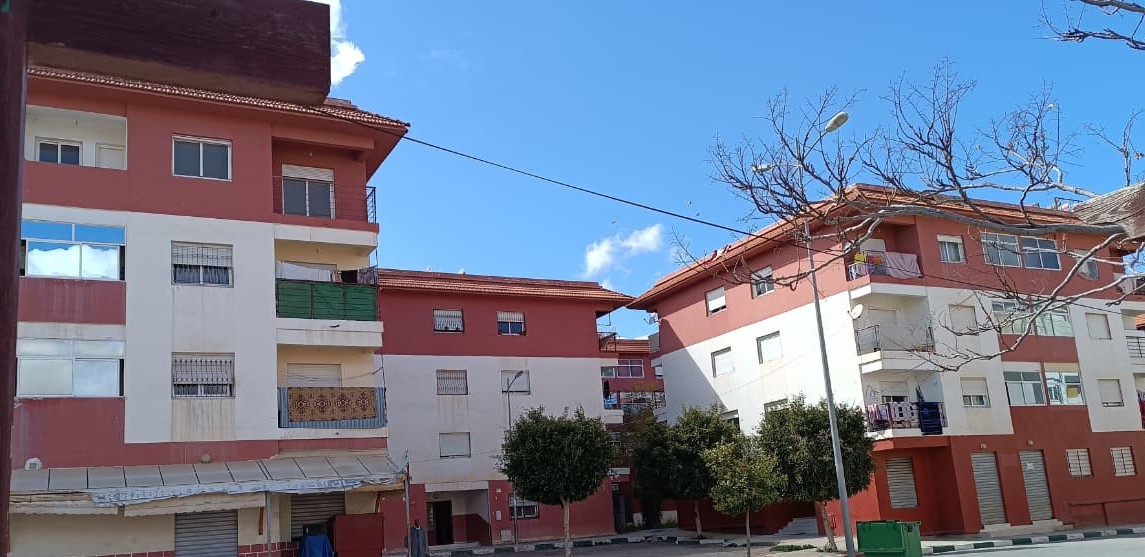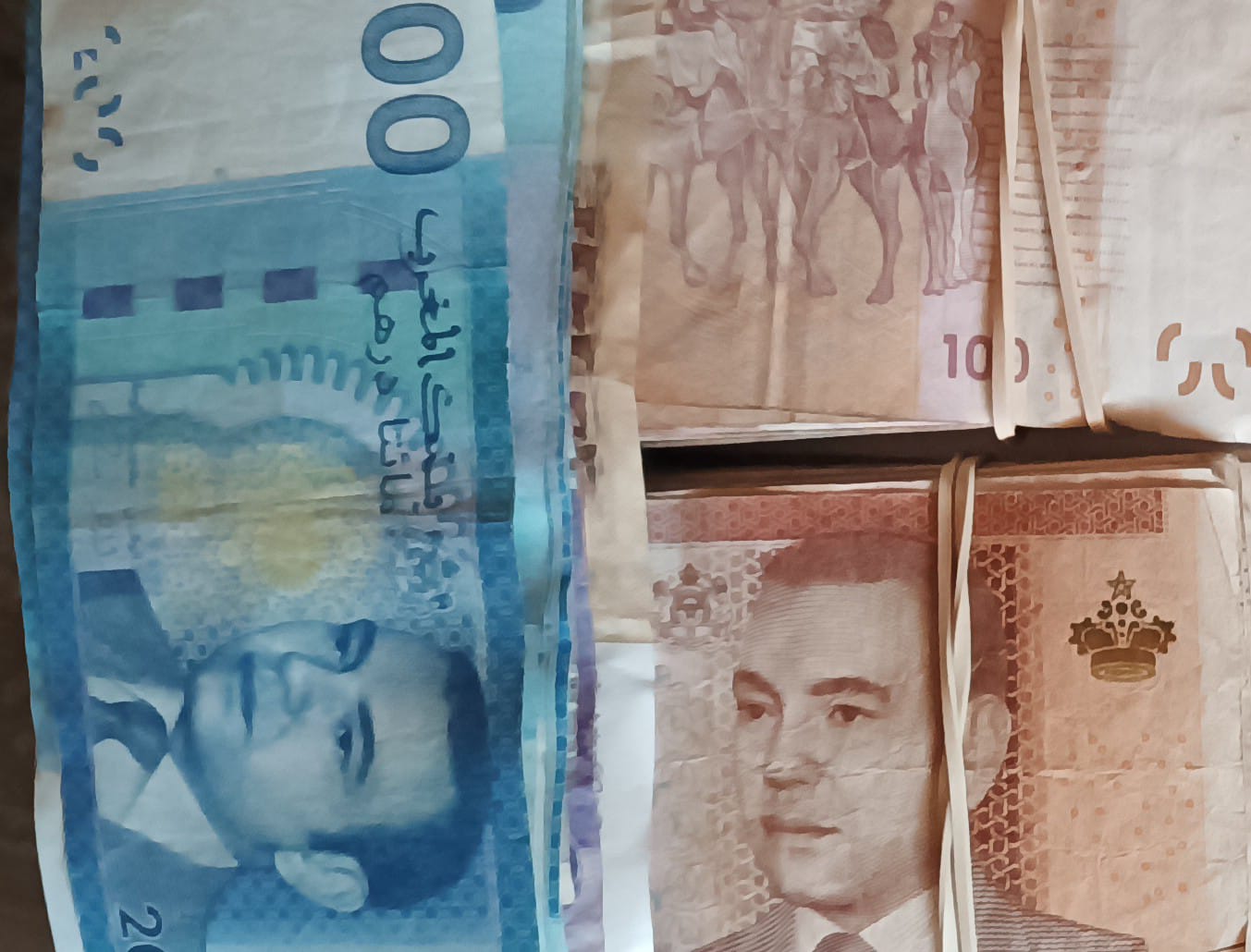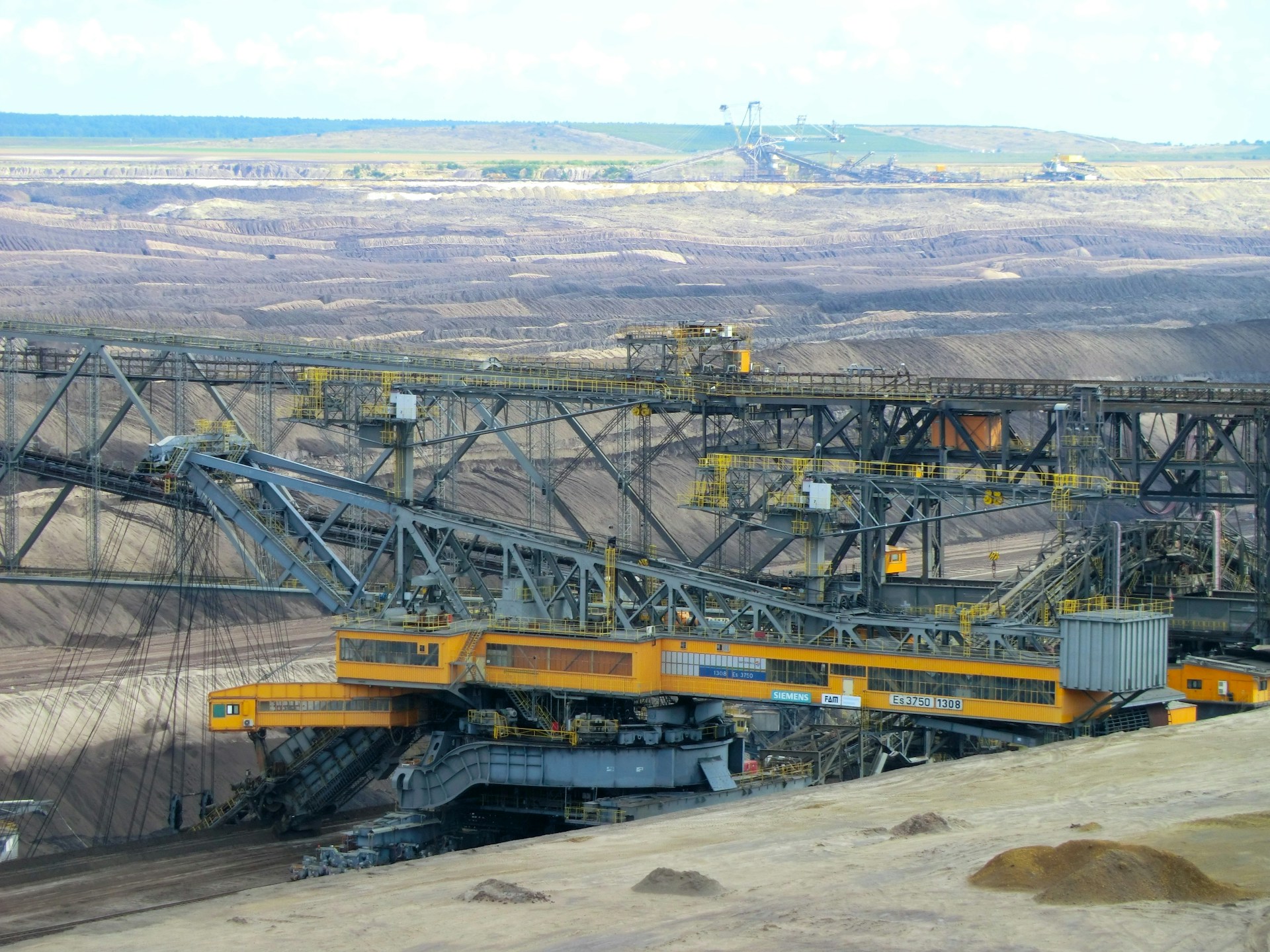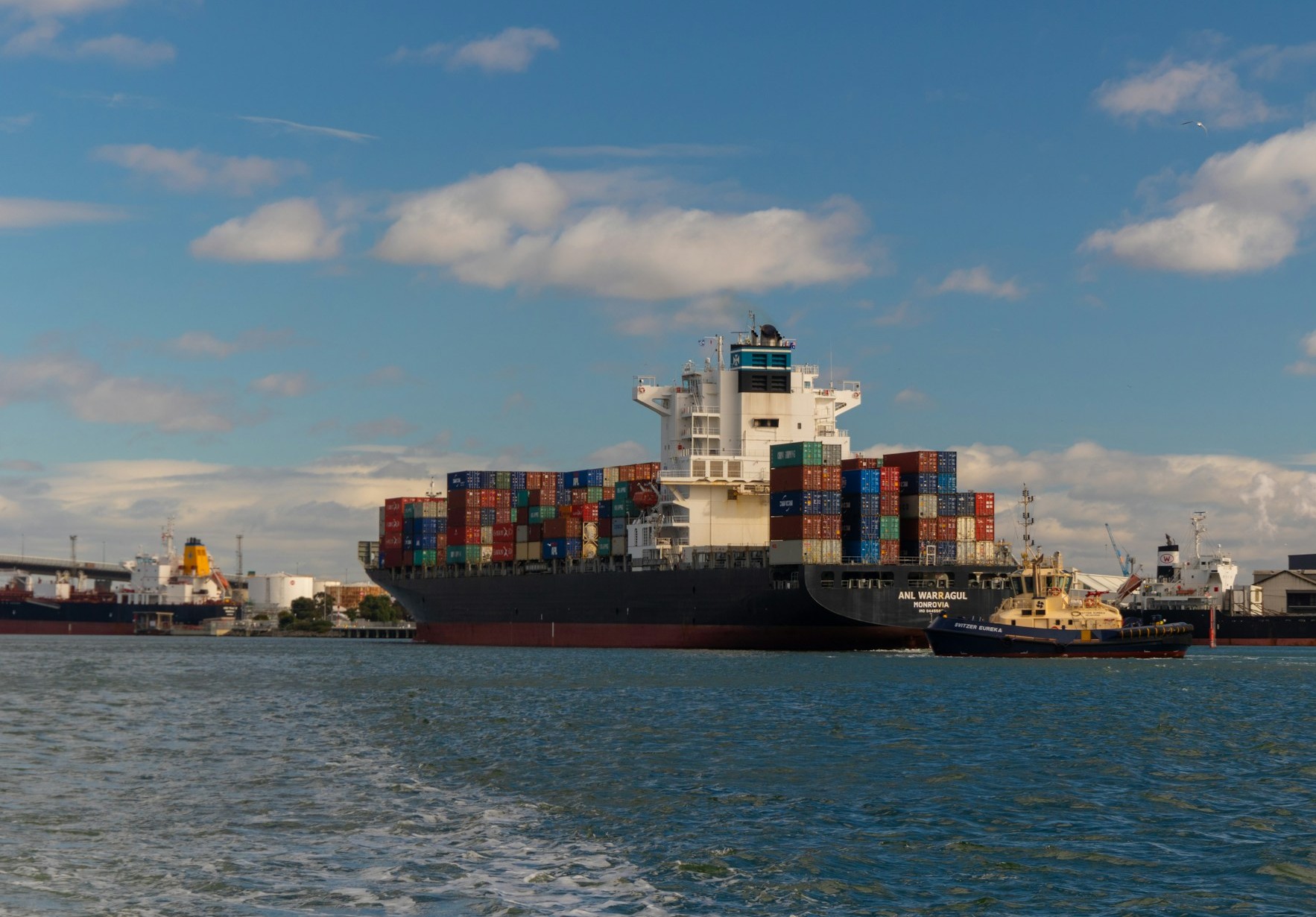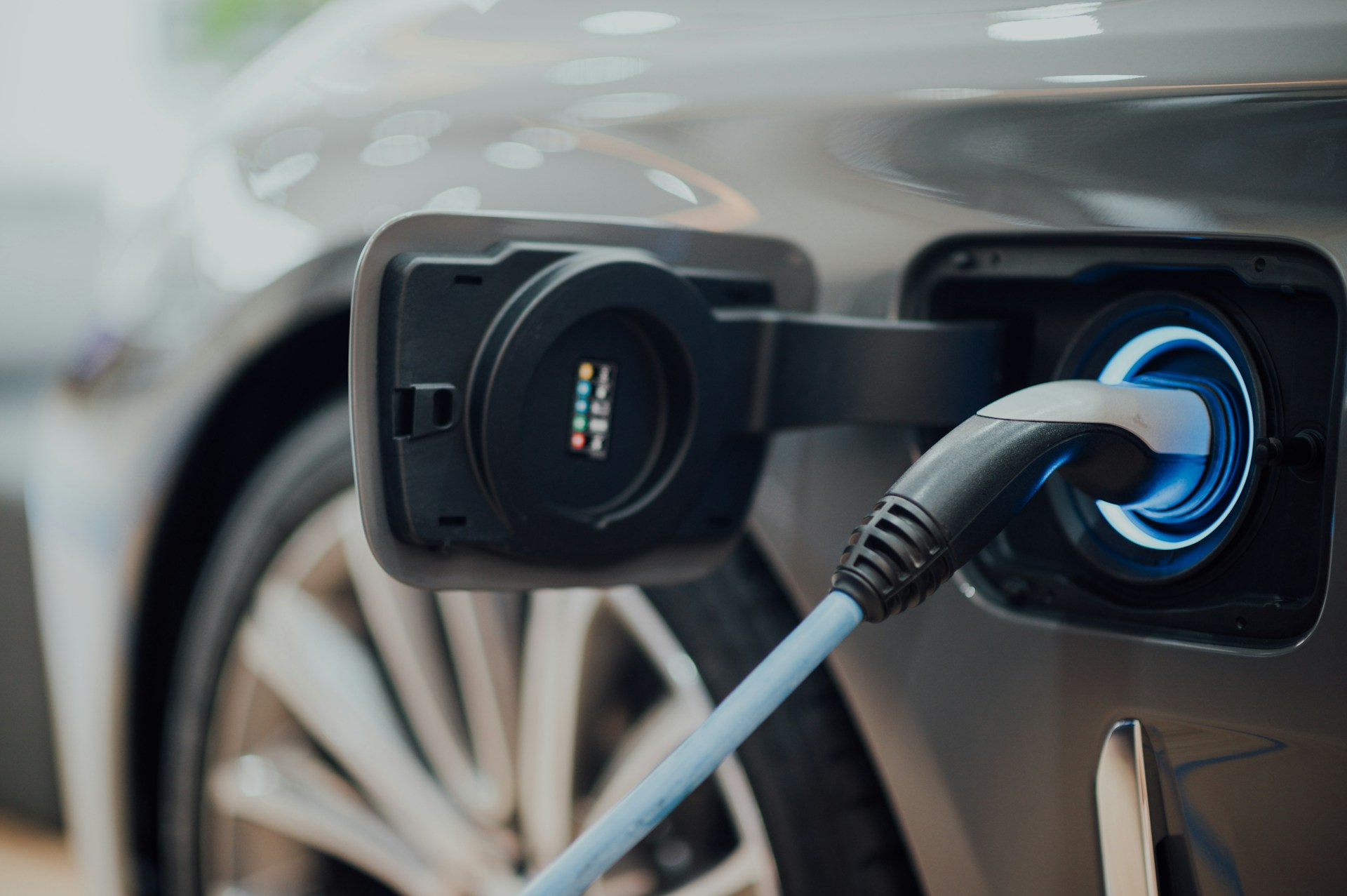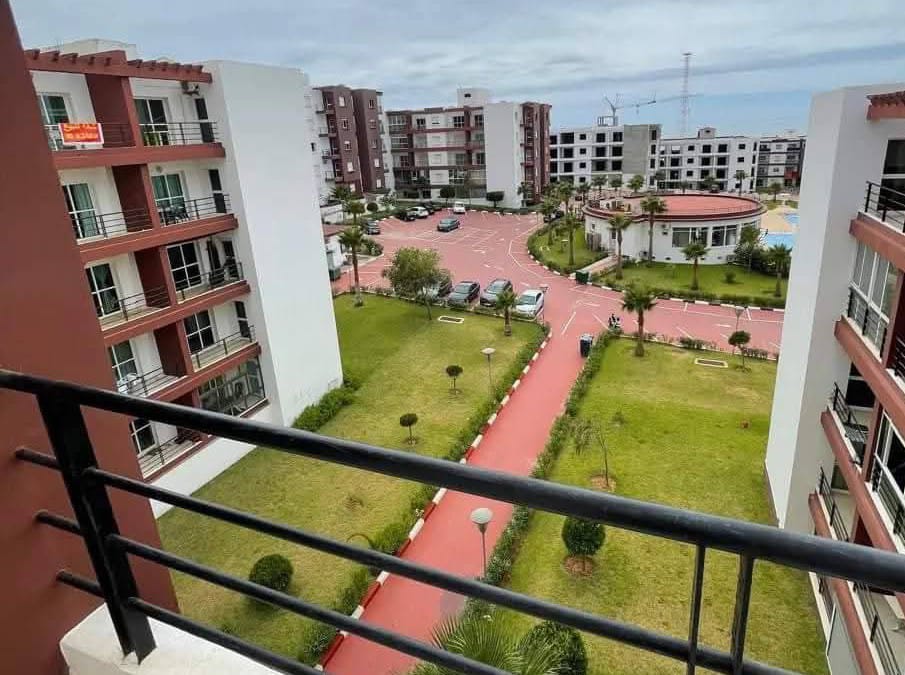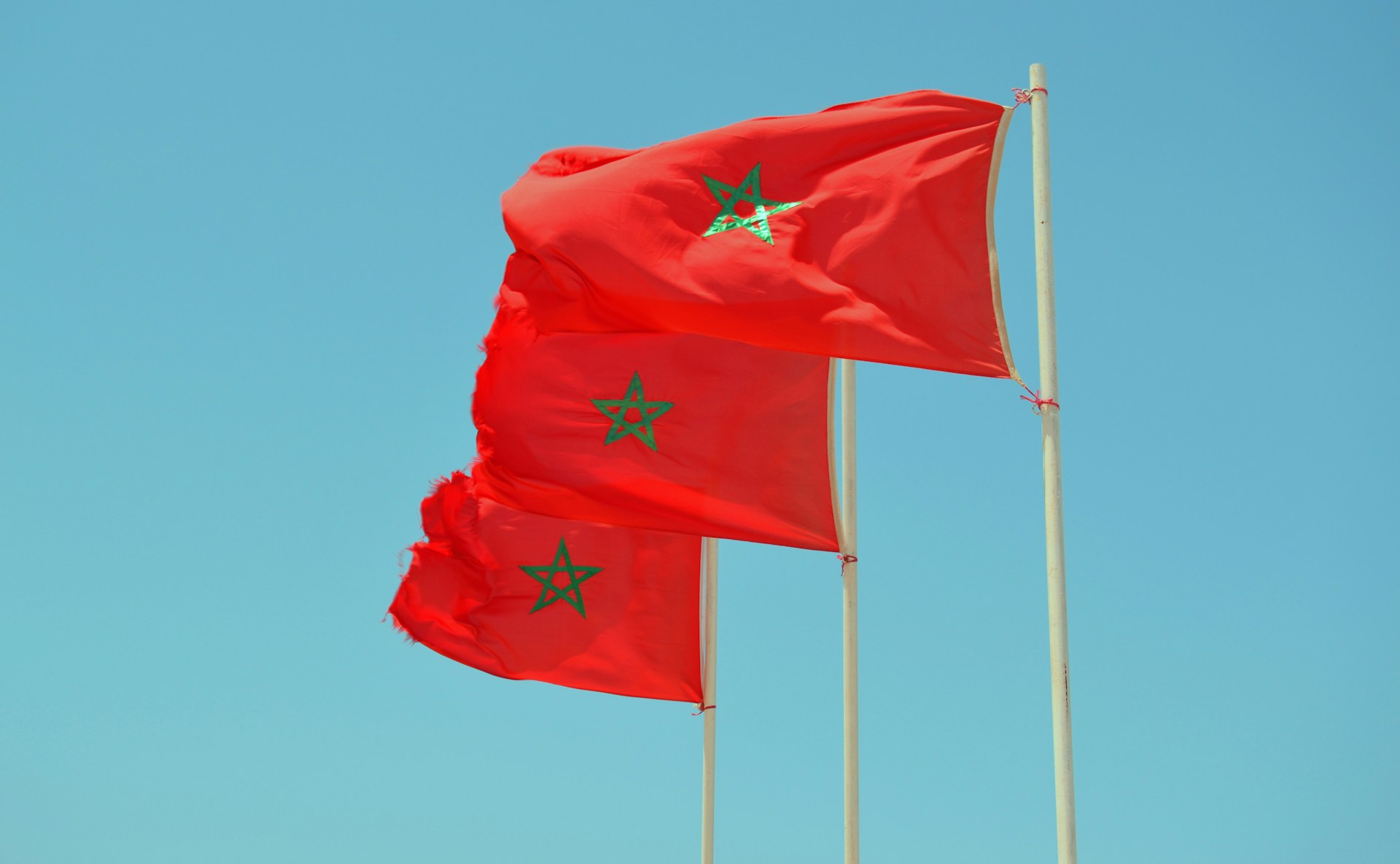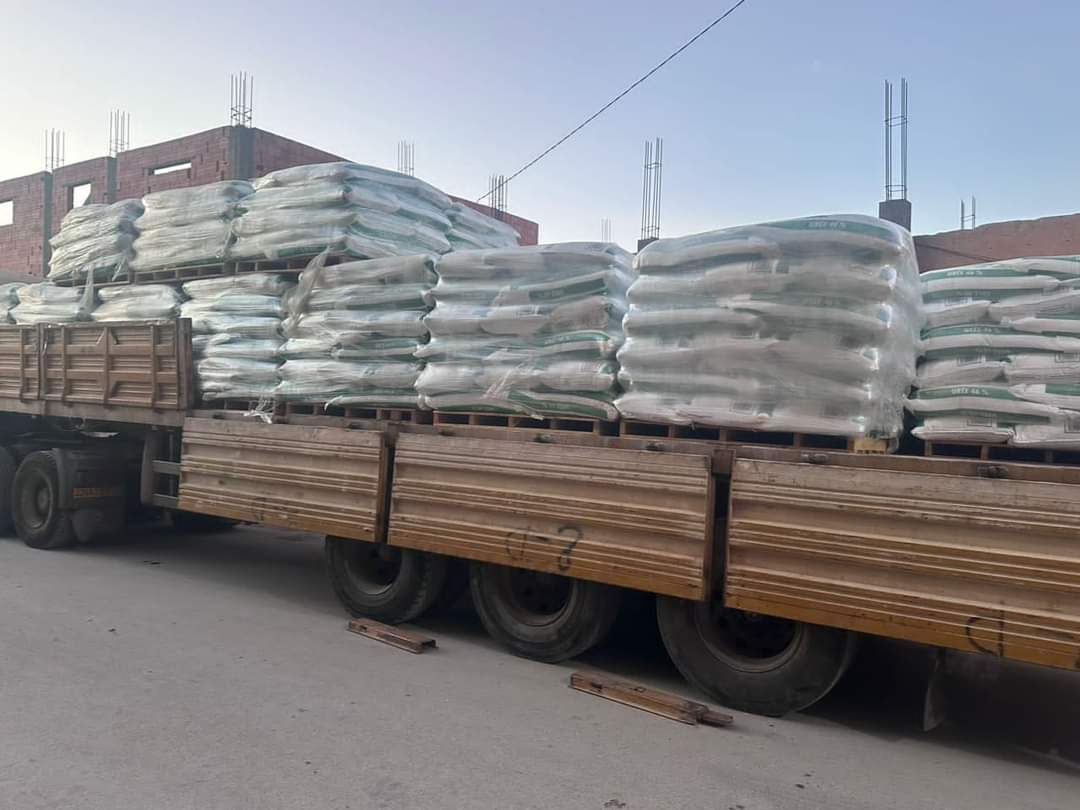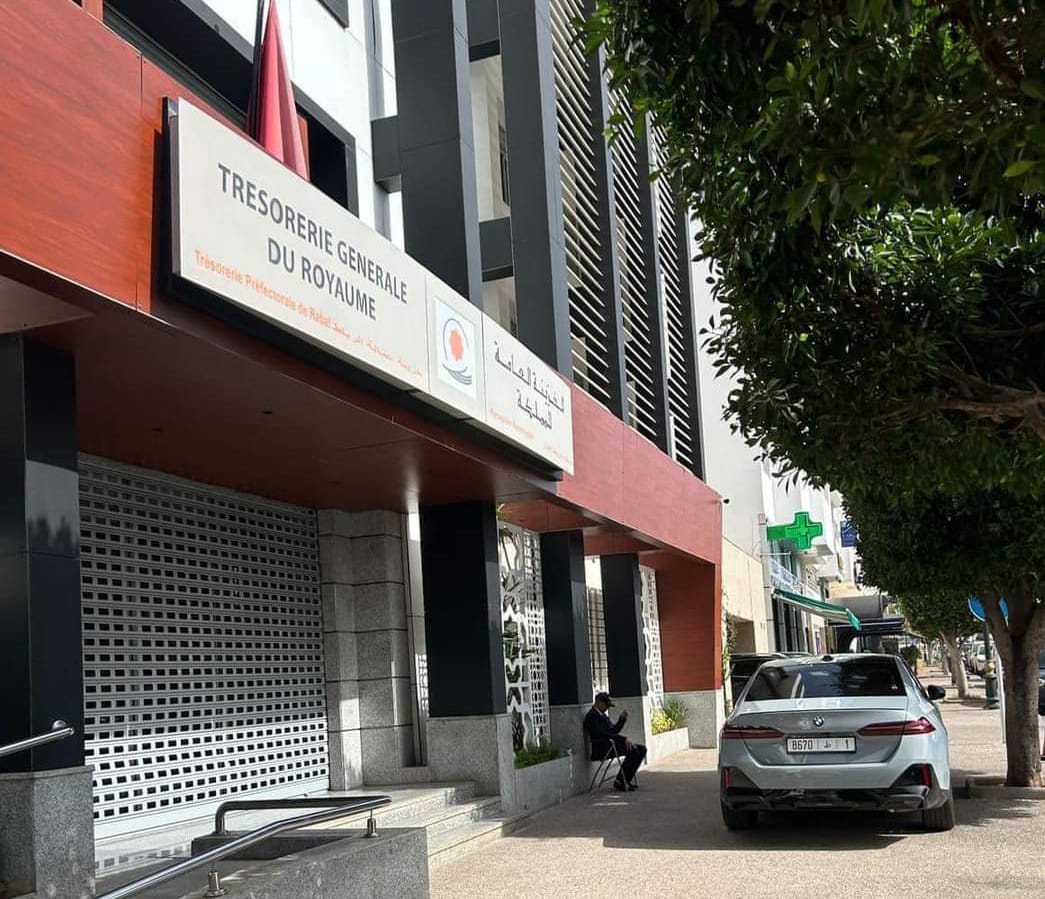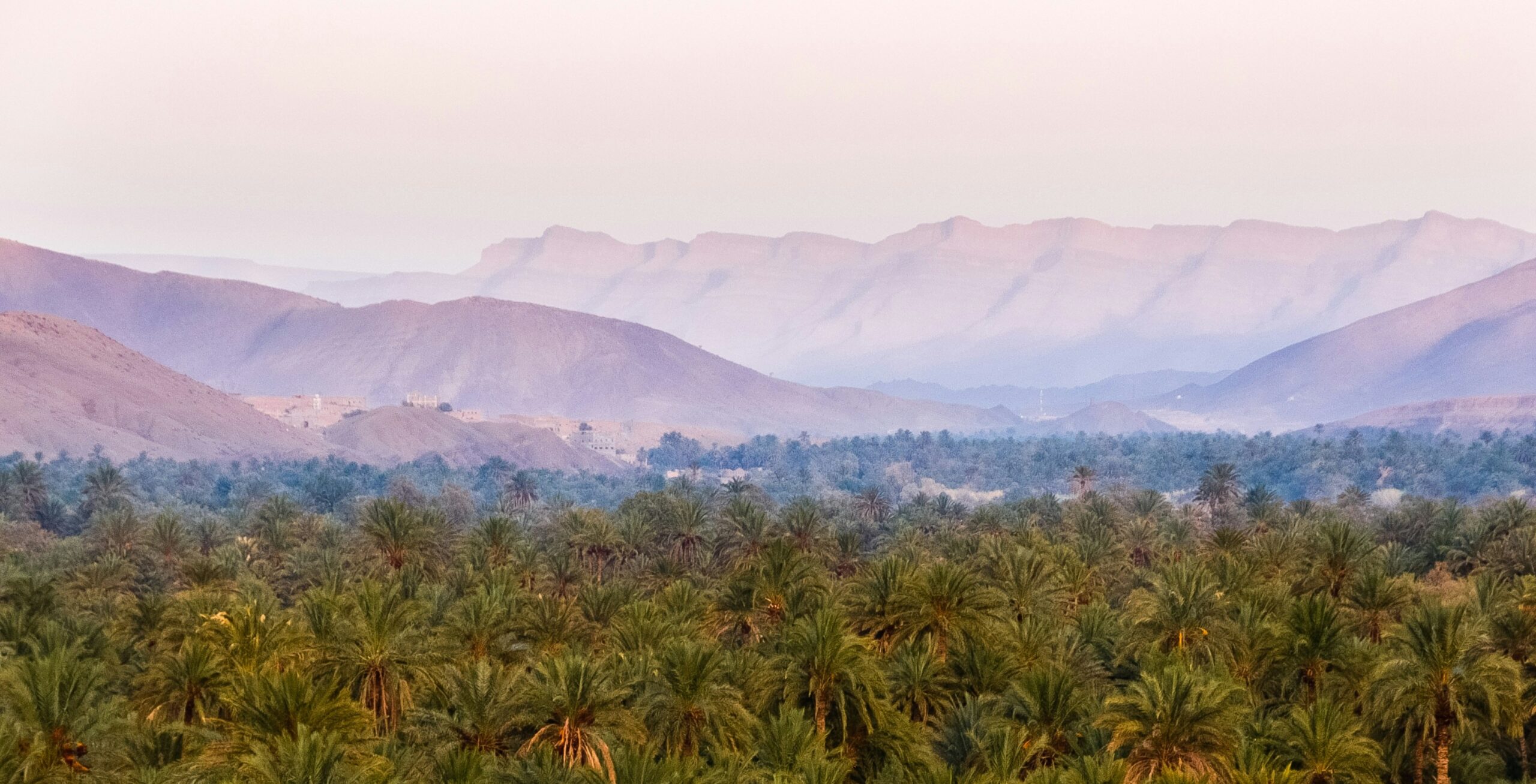Casablanca – Morocco’s electric vehicle (EV) market is entering a period of rapid growth, driven by increasing local production, the introduction of new models, and strong government support. According to recent projections by BMI–Fitch Solutions, passenger EV sales in Morocco are expected to rise by 80.4% in 2025 and 36.3% in 2026, reflecting a continuation of the strong momentum observed in 2024.
The forecast highlights a long-term trend, with Morocco’s EV market projected to grow at an average annual rate of 36.2% between 2025 and 2034, reaching 57,258 units sold by 2034. This growth is underpinned by a combination of structural factors, including the expansion of local manufacturing capacity, the entry of new vehicle models, and rising interest among consumers in cleaner mobility solutions.
Strong growth in recent years
The EV market in Morocco experienced a notable acceleration in 2024. Fully electric vehicles (BEVs) saw sales jump 143% year-on-year, reaching 1,125 units, while plug-in hybrid vehicles (PHEVs) increased by 224% to 1,819 units. This growth helped increase the share of EVs in total passenger vehicle sales from 0.7% in 2023 to 1.9% in 2024, setting the stage for the continued expansion forecast for 2025 and beyond.
For 2025, BMI–Fitch Solutions expects EV sales to climb to 5,311 units, lifting their market share to 2.6%, and in 2026, sales are projected at 7,237 units with a 3.4% market share. In particular, BEV sales are forecast to reach 4,248 units in 2026 (+30.1%) and PHEVs 2,889 units (+46.8%).
Local production and industrial investment
Local production is expected to play a central role in supporting Morocco’s EV market growth. In October 2025, the Moroccan brand Neo Motors unveiled the Dial-E, the first fully electric vehicle designed, developed, and assembled in Morocco. Full production is scheduled to begin in January 2026, and locally produced, lower-cost models are expected to boost demand.
International automakers are also increasing their presence. Renault has launched a new investment phase in Morocco, including a dedicated EV production line, a research and development center, and upgrades to existing facilities. The project is expected to generate more than 7,500 direct and indirect jobs and includes plans to produce both hybrid and electric vehicles. In July 2024, Renault also began local production of the Dacia Jogger PHEV.
Other global players are investing heavily in Morocco’s EV ecosystem. Tesla established a Moroccan subsidiary in June 2025 to handle the import, distribution, sales, and maintenance of its vehicles, with plans to build a local assembly plant in Kenitra with a projected annual capacity of 400,000 units. The company is also expanding its Supercharger network and developing energy-storage systems.
Chinese brands are strengthening their foothold in Morocco as well. BYD, which entered the market in 2023, became the top-selling PHEV brand in 2024 with 32% market share, while also ranking second in BEV sales with 120 units (10.7% share). Zeekr entered the market in 2025 with two models, signaling continued competition and consumer choice expansion.
The Moroccan EV supply chain is also expanding rapidly. The Moroccan-Chinese joint venture COBCO is producing lithium-ion battery components in Jorf Lasfar. Tinci Materials has invested 2.6 billion dirhams in an electrolyte manufacturing plant, and Gotion High Tech has invested an additional $1.3 billion in two new gigafactories. Other strategic projects include battery casing production and cathode plants, which collectively aim to strengthen Morocco’s position as an EV production hub.
Government incentives support adoption
Government policies have provided a significant boost to EV adoption. Incentives include full exemptions from VAT and road tax, an 80% reduction in customs duties, purchase bonuses of $5000 for individuals and $10000 for companies, and a 10% reduction in insurance premiums. These measures have been critical in encouraging both consumer and commercial adoption of electric vehicles.
Market outlook
BMI projects that Morocco’s passenger EV fleet will grow to 11,011 units in 2025 and 18,207 units in 2026, ultimately reaching 236,823 units by 2034, representing 4.8% of the country’s total vehicle fleet. The rapid expansion of EV sales will require significant investment in charging infrastructure. Morocco had approximately 1,000 charging points at the end of 2024, and local production of charging stations, expected to begin in 2026, aims to reduce supply-chain risks and support market growth.
Step by step, Morocco is positioning itself as one of Africa’s emerging hubs for electric mobility. Strong growth in EV sales, increasing local production, rising international investment, and supportive government policies are combining to create a dynamic and rapidly expanding market. Fitch’s BMI report underscores that, with continued investment and strategic planning, Morocco is on track to become a key player in the global EV sector over the next decade.
